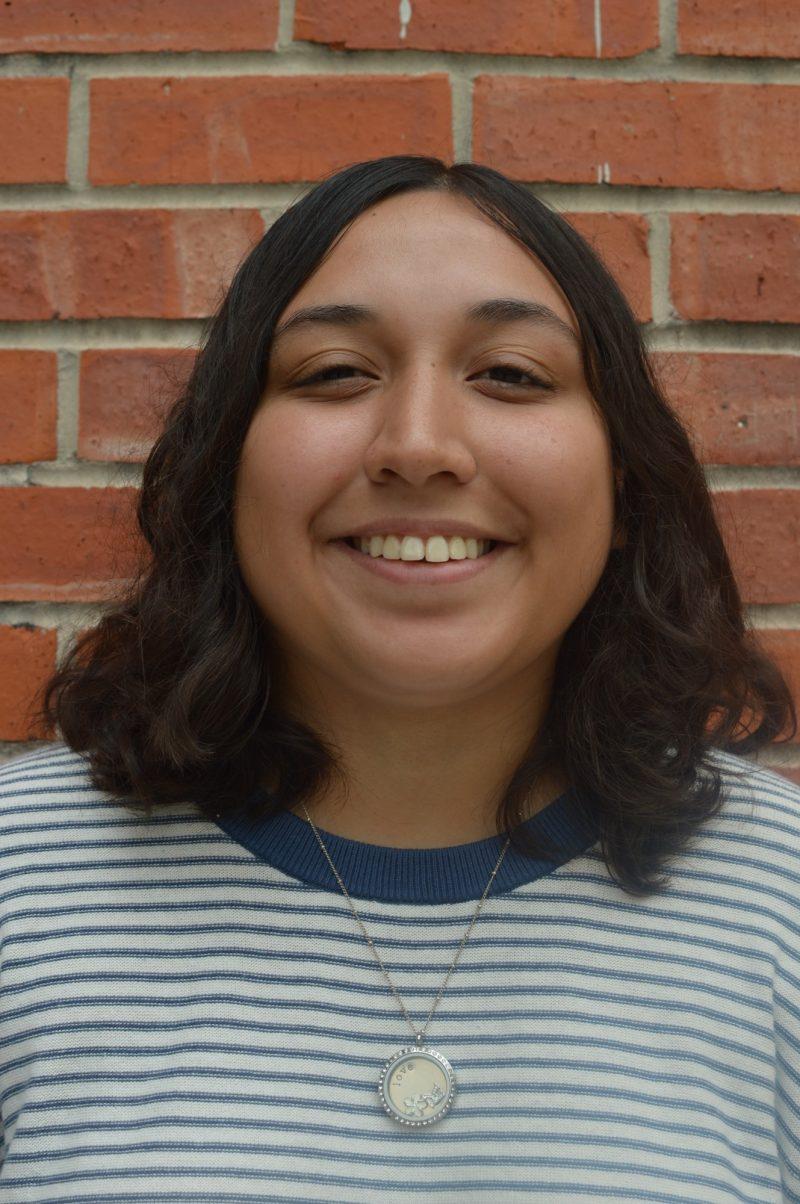Trinity is renowned for its diverse courses, yet it often seems as if students are intimidated by the idea of taking a course unrelated to their field of study. STEM people are avid problem solvers, always thinking critically and ready to solve just about anything. Art majors — entranced by the never-ending worlds created by words, paintings and drawings — can hardly fathom taking a class that doesn’t involve expressing themselves through art.
Dylan Tompkins, a sophomore urban studies and economics double-major, enjoys expressing herself through art — particularly through graphic portraits. However, in the spring of 2018, she decided to take a course that demanded the use of her creative mind in a different way. The course was British literature: Old English to 1800, taught by none other than Willis Salomon, associate professor of English. Tompkins compared creating her graphic portraits to writing a paper: “You have to work out a rough sketch, and you make a lot of changes to that sketch before you finally start filling it in.”
Tompkins appreciated Salomon’s way of navigating the course. “I really liked his mellow but still very active energy. He let the class guide the discussion, and it was a really relaxed, enjoyable environment.”
Tompkins shared that the class confirmed some of the abilities she knew she possessed. She advised students not to worry about not being an English major, as the class helped her become a better writer.
“It gave me faith that if I wanted to take another English class in the future, I could,” Tompkins said.
Hannah Friedrich, a sophomore English and philosophy double-major, said she would recommend the symbolic logic course taught by Curtis Brown.
“I feel it just makes you sharper in general because you have to break down logic problems into almost kind of mathematical terms. It also helped me realize how specific you have to be with language,” Friedrich said.
Friedrich was originally an English major; however, Brown’s class was so enthralling that she decided to double-major in English and philosophy.
“He was super happy to be in class every day, and it just made you so psyched to be there. I also went to his office hours, and he’s really good at sitting down and explaining in terms you can understand,” Friedrich said.
Friedrich also expressed that the skills she uses in writing courses were similar to the ones she used in symbolic logic.
“It’s a lot closer to analytical, essay-type writing. When you write an essay of that type, you have to really think through your reasoning, step-by-step, and this is just a super zoomed-in version of that,” Friedrich said.
Expression comes in many forms, one of the most prominent in our world being religious expression. Lutfi Sun, a junior economics and mathematics double-major, recommended Religion in the United States taught by Angela Tarango, associate professor of religion. Lutfi is originally from Turkey and identifies as a Muslim. The class helped him understand the faiths of his Trinity friends.
“Learning about how my friends’ faith evolved in the U.S., what difficulties their fathers faced in the past and what makes them different definitely straightened my relationships,” Sun said.
Sun also said that his Muslim faith has helped him identify with other religions: “As a Muslim, I already see most religions, especially Christianity and Judaism, as different versions of the same divine message. This class definitely strengthened that view.”
Sun also expressed his admiration for Tarango and her boldness.
“She doesn’t hesitate to share her own opinions and you see how much of an expert she is on the topic,” Sun said.
If there’s anything students should indulge in while at Trinity, it’s the array of classes that offer refreshing insights and diverse perspectives. Through each course, we can learn more about each other and how we can contribute to the betterment of this ever-changing world.






